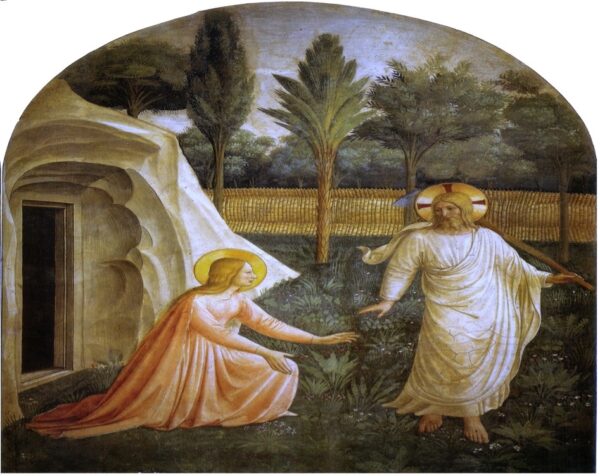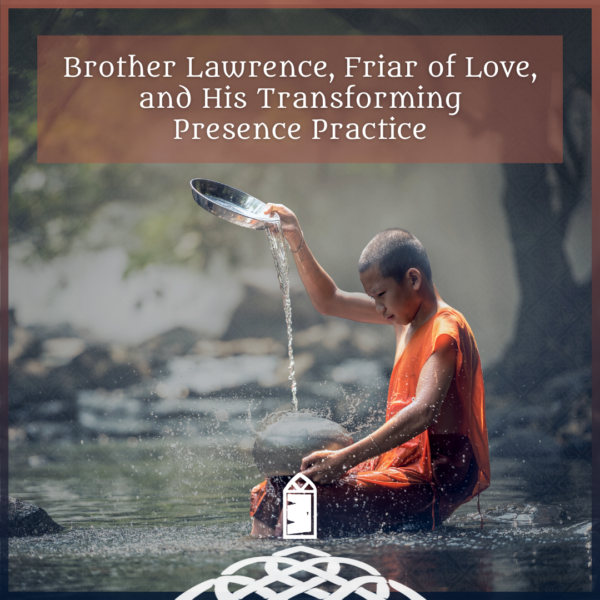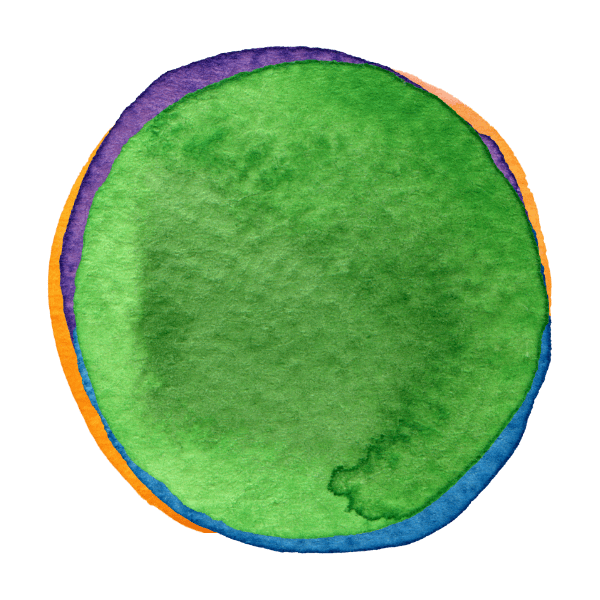I am delighted to share another beautiful submission to the Monk in the World guest post series from the community. Read on for Emily Lasinsky’s reflection “Being a Teacher-Monk in the World.”
My identity is deeply rooted in being a creator. Integrated within this identity are the roles of artist, writer, and teacher. At the time of writing this, I am starting to prepare my undergraduate psychology classes for the fall semester. For this post, I will share how I practice being a monk in the world as a teacher.
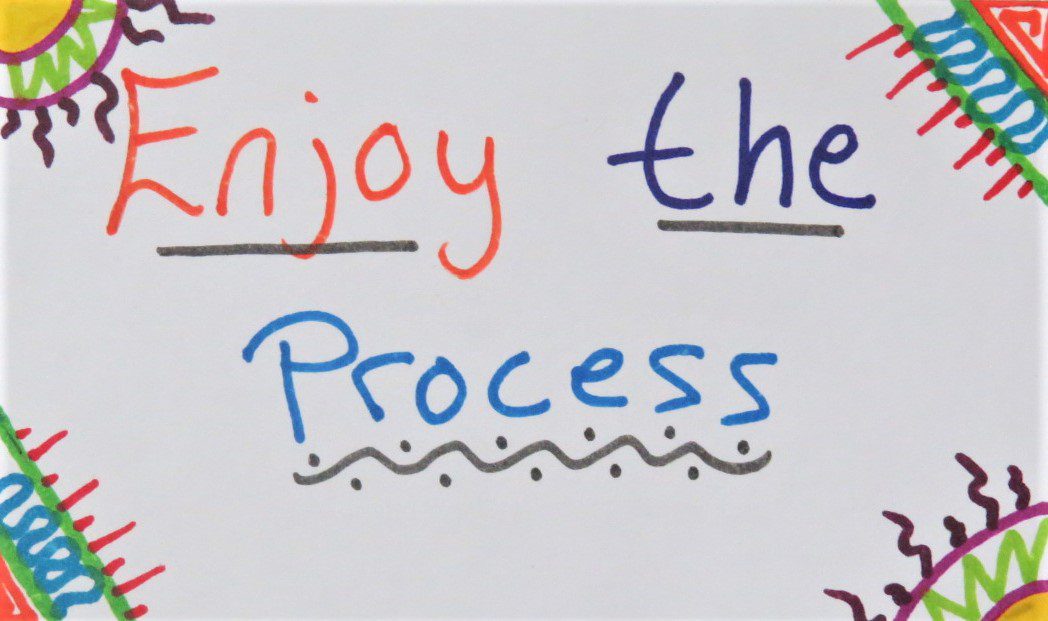
My philosophy of teaching, greatly influenced by Parker Palmer, Brené Brown, and Saint Francis of Assisi, is rooted in contemplative and social justice pedagogies. I currently work at two Catholic universities, which encourage the integration of contemplation and service. I consider the classroom a sacred space where students, as well as myself, can enter the depths of the transformational learning process. This space also serves as a container for ambiguity and a safe environment where difficult topics can be discussed. Creating this space requires modeling intentionality, presence, and inclusivity. To help students transition into this space, I often start class with a brief mindfulness activity. For example, around mid-term when students may feel particularly overwhelmed, I start class with a mantra card activity. I pass out index cards and markers and instruct students to think about an uplifting phrase that may reinforce their personal and career goals. Students are invited to write down the phrase, as well as draw anything that comes up for them. Afterwards, students are invited to share their mantra cards with the class. To model that I am still a work in progress, I also make one and share it with students. Finally, I encourage students to place their cards in a location where they will see it often.
By using reflective and experiential activities, I invite students to reflect on their personal sense of meaning and consider the various ways of being in the world. My assignments and classroom activities are designed to encourage students to increase their awareness of self, others, and larger systemic concerns; think critically; and demonstrate ethical practice and cultural sensitivity. For example, I ask students to complete a wellness inventory as part of the Health Psychology unit in General Psychology. Students complete the inventory and then write a reflection about what they noticed while completing it, what surprised them, what areas of wellness they would like to work on, and how the inventory may be adapted for others from diverse backgrounds. In addition to asking students to apply class material to case studies that represent individuals from diverse walks of life, I also frequently use art in the classroom. For example, I arrange the room in a half circle and sit in the center holding a piece of art. I ask students to share what they see from their perspective in the room. This often starts a discussion about the role of context and positionality in how people experience the world.
I not only want students to think about the material; I want them to live it. I regularly include community engagement projects in the courses I teach. Students are part of the projects from the very start. For example, I ask students to complete an assessment of what is needed in the university or local community. From there, we have group discussions about possible projects. This process is deliberate—not rushed. By providing students with opportunities to take ownership and direction of their learning, I hope to convey that they are co-creators of the class and I value their unique contributions. I also invite guest speakers into class to provide students with a broader picture of how course topics are perceived and practiced from diverse viewpoints. Overall, such reflective and experiential activities can foster the development of self-awareness, empathy, compassion, and critical thinking skills needed in today’s world.
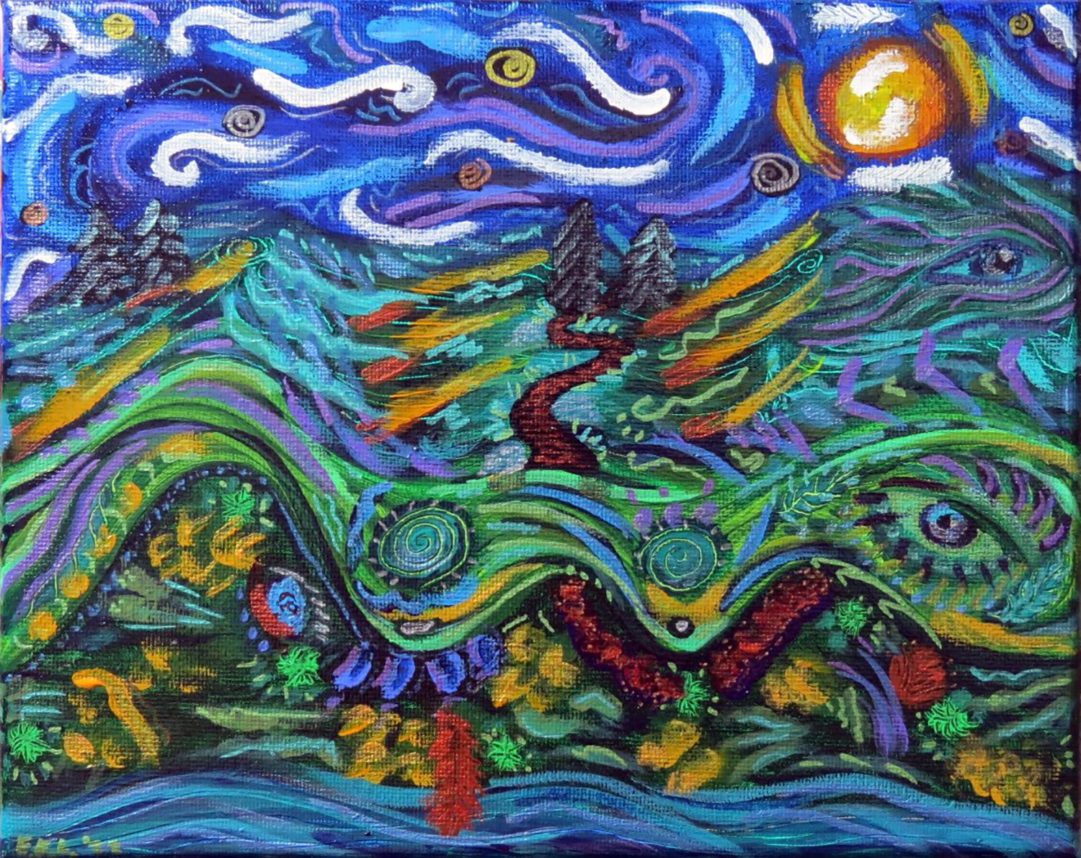
Finally, as a teacher, I am aware that I am still a student of life and have much to learn. I engage in my own contemplative practices (e.g., art, walks in nature) that help me be centered and present. While I spend much time preparing for classes, I also allow for flexibility based on what students need and how classes naturally evolve. Career experts suggest looking back to your career interests as a child to determine possible career directions. My first career day was in preschool, where I dressed up as a teacher. While I have explored many professions since then, I circled back and feel authentic in the teacher role.
To conclude, I want to share three quotes that capture how I endeavor to be a teacher-monk in the world by practicing authenticity, humility, contemplation, and action. I invite everyone to consider what these quotes mean to you.
“Good teaching cannot be reduced to technique; good teaching comes from the identity and integrity of the teacher.” –Parker Palmer
“What we know matters but who we are matters more.” –Brené Brown
“It is no use walking anywhere to preach unless our walking is our preaching.” – Saint Francis of Assisi
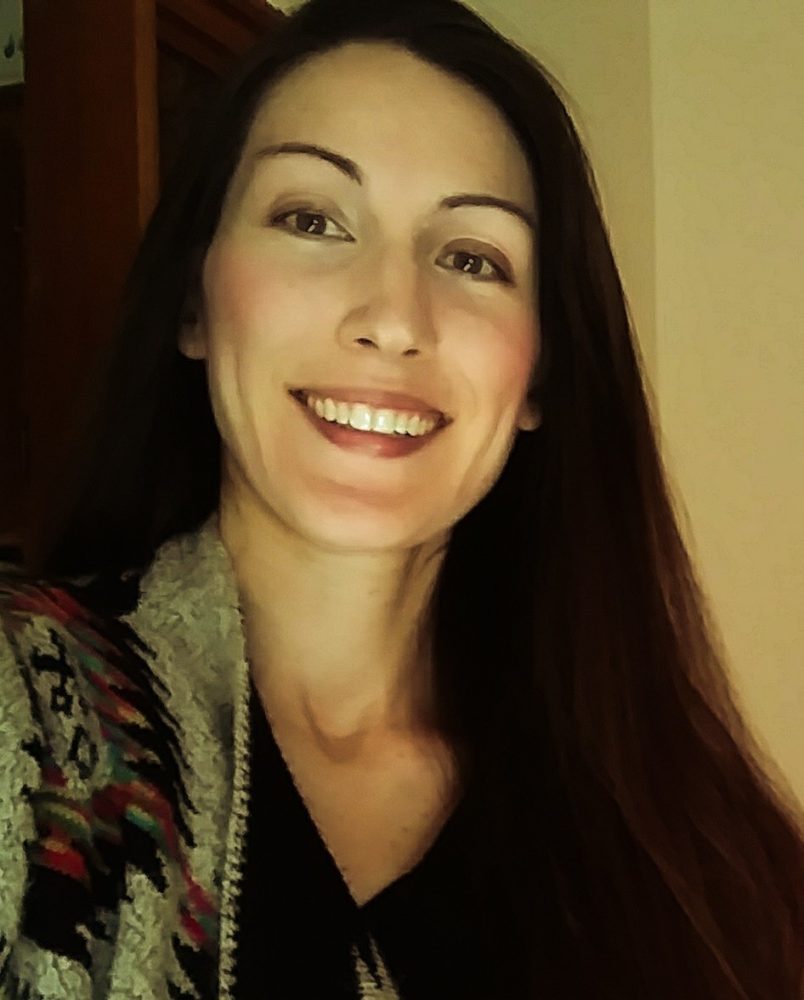
Emily Lasinsky, PhD, is an artist, writer, and teacher from Pennsylvania. She currently serves as an adjunct professor at two universities. Her current scholarly interests include expressive arts and healing, spirituality and mental health, and the mind-body connection. In her free time, she enjoys hiking in nature and creating art.

